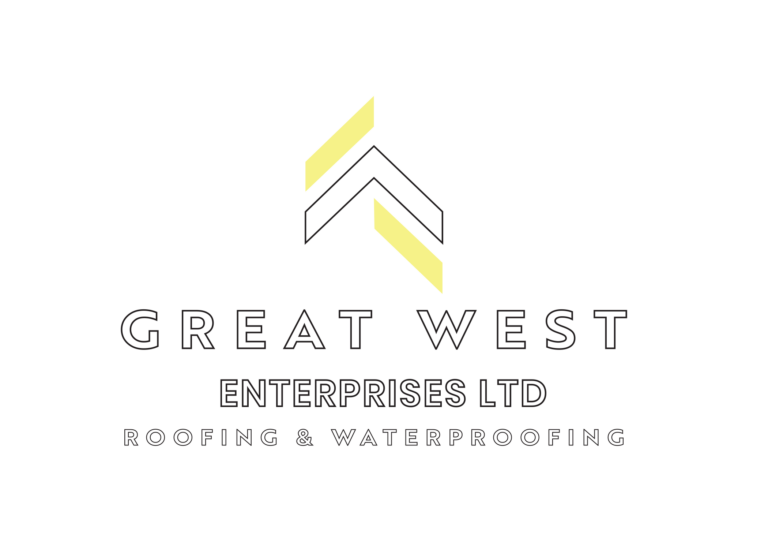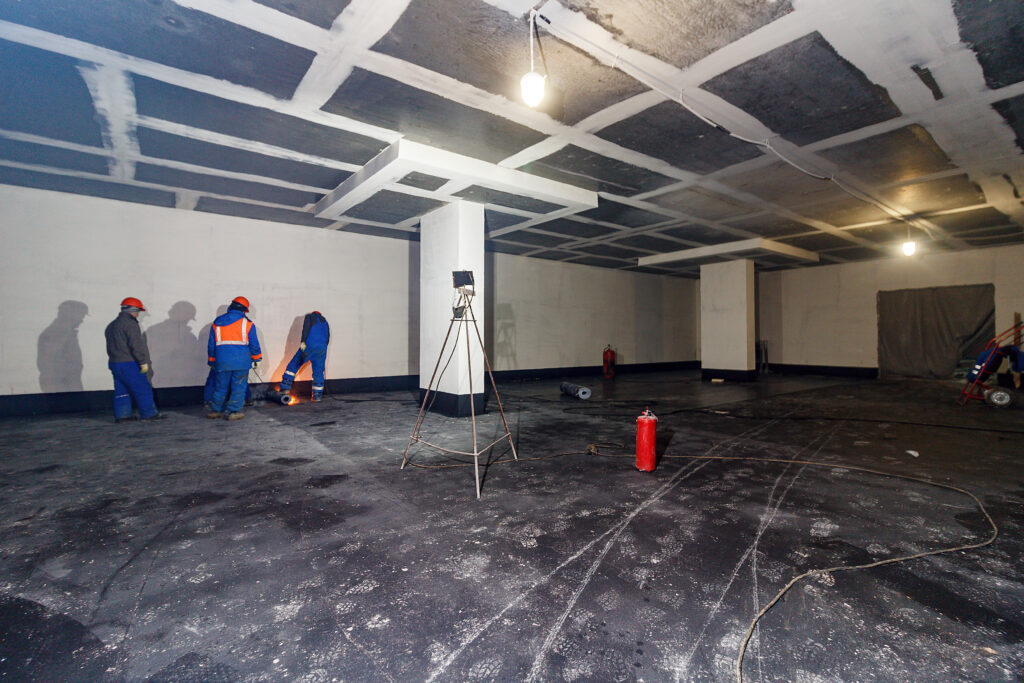Maintaining a dry, well-protected basement is crucial for the structural integrity and overall health of your home. Whether you’re dealing with persistent moisture issues, recurring leaks, or concerns about potential water damage, finding the right waterproofing solution can be a daunting task. In this article, we’ll dive into the various basement waterproofing methods, their pros and cons, and help you determine the best approach for your unique situation.
Causes of Basement Water Intrusion
Before we delve into the waterproofing solutions, it’s essential to understand the common causes of basement water issues. Concrete, the primary material used in basement construction, is inherently porous and susceptible to moisture infiltration. Hairline cracks, capillary tracts, and other tiny imperfections in the concrete can allow water to seep in, leading to a host of problems, including mold growth, structural damage, and even the potential for radon gas passage.
Factors such as the location of your home, the type of foundation, and the surrounding landscape can also contribute to basement water problems. Improper grading, clogged gutters, and inadequate drainage systems can all channel water towards the foundation, exacerbating the issue.
Three Major Approaches to Basement Waterproofing
When it comes to waterproofing your basement, you have three primary options to consider: sealants and epoxy injections, interior drainage systems, and exterior waterproofing. Each approach has its unique advantages and drawbacks, and the best solution for your home will depend on the specific nature of your water problem and your budget.
1. Sealants and Epoxy Injections
Sealants and epoxy injections are often considered a quick fix for minor moisture issues. These masonry waterproofing products are applied directly to the basement walls, creating a barrier to prevent water from seeping in. While they can be a cost-effective solution, they are not a long-term fix and may not address the root cause of the problem.
One of the key advantages of sealants and epoxy injections is their relative ease of application, making them a potential DIY option for some homeowners. However, these methods are not without their limitations. Sealants should not be applied over painted walls or efflorescence (white mineral deposits on concrete), and epoxy injections can be prone to cracking as the foundation walls expand and contract.
2. Interior Drainage Systems
Waterproofing a basement from the inside is often considered the most practical and cost-effective approach for many homeowners. An interior drainage system, commonly referred to as a French drain, involves digging a trench along the interior perimeter of the basement floor and installing a drain and sump pump to channel water out of the basement.
3. Exterior Waterproofing
Waterproofing a foundation from the outside typically involves using polymers and membranes to coat the exterior of the walls, installing a trench drain underground, or a combination of both methods. When executed properly, exterior drainage can effectively waterproof a basement, but it comes with its own set of trade-offs.
The primary disadvantages of exterior waterproofing are the high cost and the increased likelihood of clogging. Excavation is an expensive and disruptive process, and exterior drains are prone to becoming clogged, which can result in a flooded basement if not properly maintained.
Choosing the Best Waterproofing System for Your Basement
Determining the best waterproofing solution for your basement ultimately comes down to two key factors: the source of the water problem and your available budget.
If the issue is relatively minor, some homeowners may opt for a temporary fix, such as sealants or epoxy injections. However, these methods often prove to be a short-term solution, and homeowners frequently end up needing to install a more comprehensive drainage system to effectively address the problem.
On the other hand, if flooding is a persistent concern in your area or you have a consistently wet basement, a more robust waterproofing system, such as an interior drainage system or a combination of interior and exterior methods, may be the best long-term solution.
Advantage of Choosing Great West Ent. for your next Waterproofing Services
At Great West Ent., we understand that every basement is unique, and a one-size-fits-all approach simply won’t do. Our team of experienced waterproofing professionals is dedicated to providing tailored solutions that address the specific needs of your home.
Whether you’re dealing with persistent moisture, recurring leaks, or concerns about potential water damage, our experts will work closely with you to diagnose the root cause of the problem and design a long-term waterproofing solution that meets your needs and budget.
Conclusion
Maintaining a dry, well-protected basement is essential for the overall health and structural integrity of your home. By understanding the various waterproofing methods available and working with a trusted waterproofing company like Great West Ent., you can unlock the dry, healthy basement of your dreams and enjoy peace of mind for years to come.
Don’t let a wet basement hold you back. Contact the waterproofing experts at Great West Ent. today and take the first step towards a dry, secure, and worry-free basement.
Frequently Asked Questions
1) What are the best basement waterproofing products?
The best basement waterproofing products include sealants, epoxy, sump pumps, and dehumidifiers. For more comprehensive waterproofing, consider getting a contractor to install interior or exterior drain tiles, as well as gutters and French drains outside.
2) How do you completely waterproof a basement?
To completely waterproof a basement, you need to address all areas contributing to moisture problems. This includes sealing walls and the foundation, diverting water away from the home using drains and gutters (both inside and out), and installing a sump pump to pump out any water that does enter the basement.
3) Is Drylok a bad idea?
Drylok can be a bad idea if it’s the only waterproofing solution you rely on. While a sealant like Drylok can prevent water damage and mildew growth on the protected surfaces, it doesn’t address the root cause of the moisture issues. Drylok should be just one part of a larger plan to avoid basement water problems.
4) Should I waterproof my basement from the inside or outside?
The best approach depends on the source of your moisture issues. If the problem is primarily due to rising groundwater, you should waterproof from the inside. If the moisture is entering due to improper lot grading or other external factors, exterior waterproofing may be the better solution. In some cases, a combination of both interior and exterior waterproofing may be necessary.


